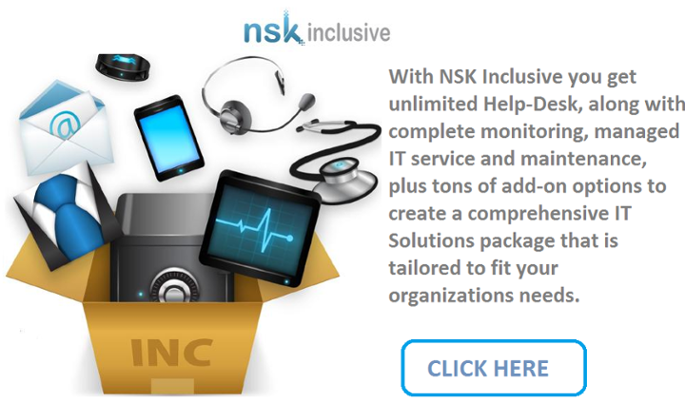
When building an office solution, an IT professional must naturally include the historical essentials: word-processing programs, spreadsheet applications, and email management software. These are the kinds of tools that allow users to organize and nominally exchange information through a practical and familiar process. Certainly, however, they are primarily built to support the capacity of the individual within the workplace. These tools do not necessarily unify or integrate an office into an operational system where information is uniformly available and actionable. The tool that delivers this function is a database, and it is an investment that defines the true establishment of an information system. Databases are a solution that comes in several sizes and fashions. Additionally, large and small businesses alike are able to use databases in a way that best meets their needs as an organization. Depending on industrial, compositional, and geographical requirements, a business can uniquely utilize databases to create a comprehensive information system that improves its collective ability to coordinate its actions.
Databases can be used to organize several types of data and information. Customer Relationship Management (CRM) databases allow businesses to track their customers’ contact details, purchases or payments, and interaction details (emails exchanged, phone calls made, meetings held, etc.), as well as employee assignments for future interactions. These databases facilitate the creation of a more valuable relationship between business representatives and customers, which can support greater sales and a stronger reputation. Similarly, personnel databases allow a business to create a hub for all employee details from the past, present, and prospective future. By storing information regarding earnings, tax rates, income, benefits, time spent in the workplace, and notes about historical employee activity, databases for employee particulars make important details available to multiple departments. Inventory or resource databases can make it simpler for businesses to monitor the goods that they have available to sell and the accessibility of certain assets in which they have invested. Through the structured and constant observation of the informational components of a business operation, decision makers can remain informed, and relationships can be feasibly managed.
The database options that are chosen by a given business do not need to be isolated within their own context. Databases can be built to interact with one another and are able to reveal general patterns within a business’s cumulative operation. Inventory and resources can be tracked using additional sensory and tracking technology so that orders are automatically made as soon as supply reaches a certain depth. This, however, is not the only automatable process that databases make possible. Creating standard queries and actions facilitates mass customization, which grants businesses with the ability to personalize email or other media messages and responses to very large numbers of customers. Furthermore, practical database consolidation methods can be employed that unite both CRM and personnel databases in order to manage entire customer accounts. Finally, databases are not limited to a structured format. Documents and files can be organized into these systems as well making an entire IT network more available. With appropriated information available to each employee, manager, or executive, at any given moment in time, businesses become uniform and insulated from disorder.
Instead of conceding to the impossibility of sorting through paperwork and relying on intuition, businesses can use databases to improve general awareness. This is a fascinating prospect. Although not always posed in the ideal format that a user seeks, the Internet is an interesting example of a resource where the questions of nearly any individual can be answered at the click of a button. Databases give businesses the opportunity to create an internal Internet of sorts in which employees can search authorized information for answers that will make them better capable of executing their duties. Of course, a comprehensive database system is not only valuable for single employees. Executives that are determining an important course of action will be better fit to make a success-yielding decision if they are able to observe all relevant data and information. Ultimately, knowledge is valuable in absolutely any context, and the proliferation of its availability can only improve the function of any system.
Images
http://blog.hackerrank.com/wp-content/uploads/2015/05/databases.jpg
Sources
http://smallbusiness.chron.com/database-uses-business-64298.html
http://work.chron.com/benefits-using-database-3792.html
http://recruiterbox.com/blog/3-reasons-why-a-good-database-will-help-you-grow-your-small-business/
http://www.forbes.com/sites/henrydevries/2014/07/29/what-is-the-best-database-for-a-small-business/

